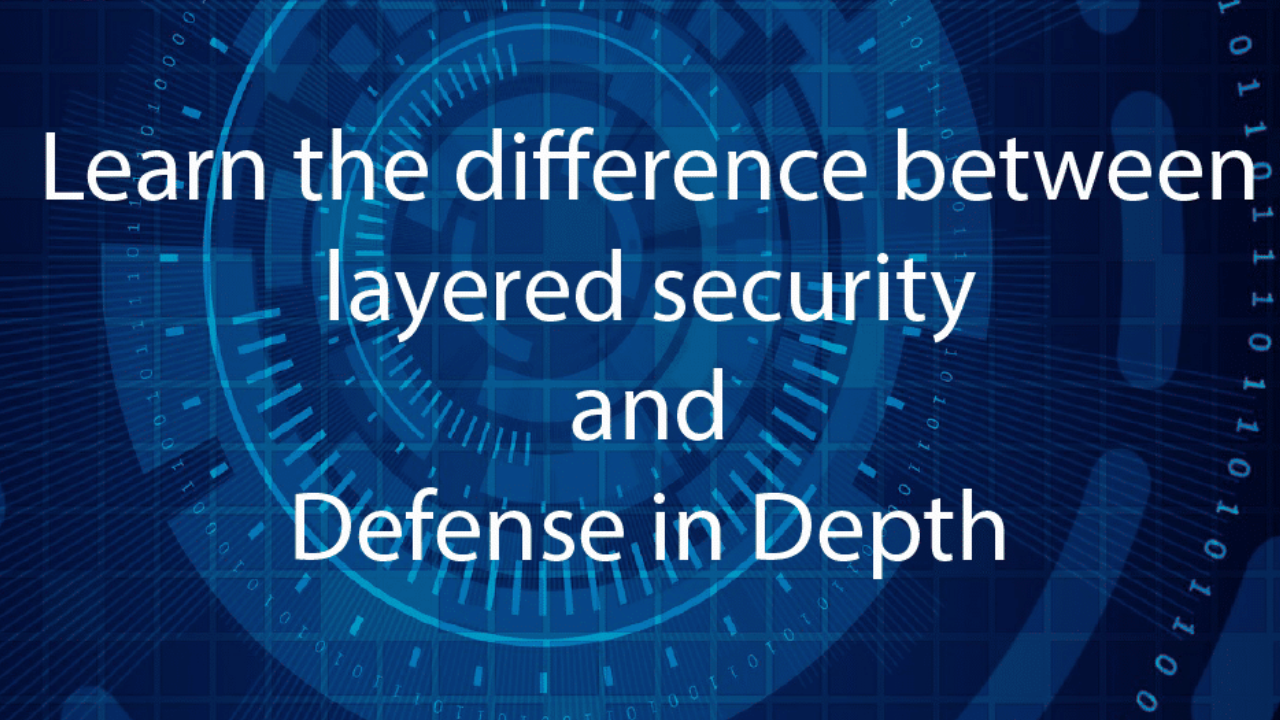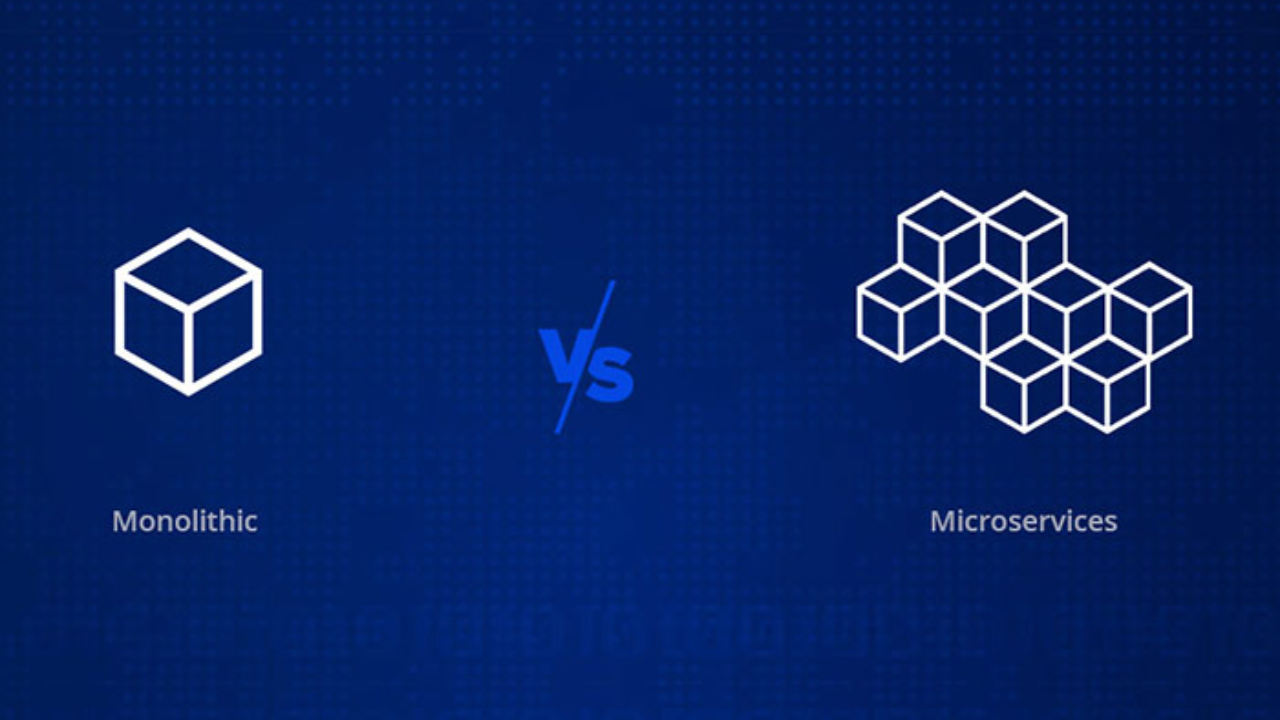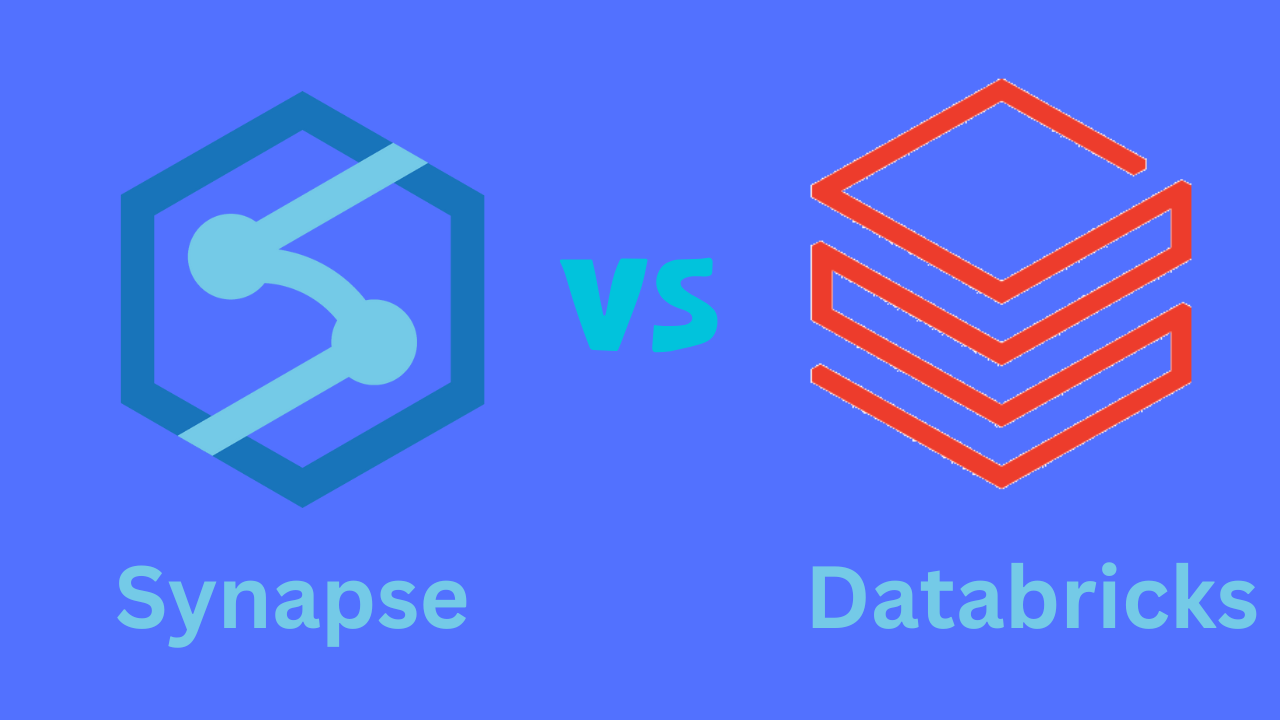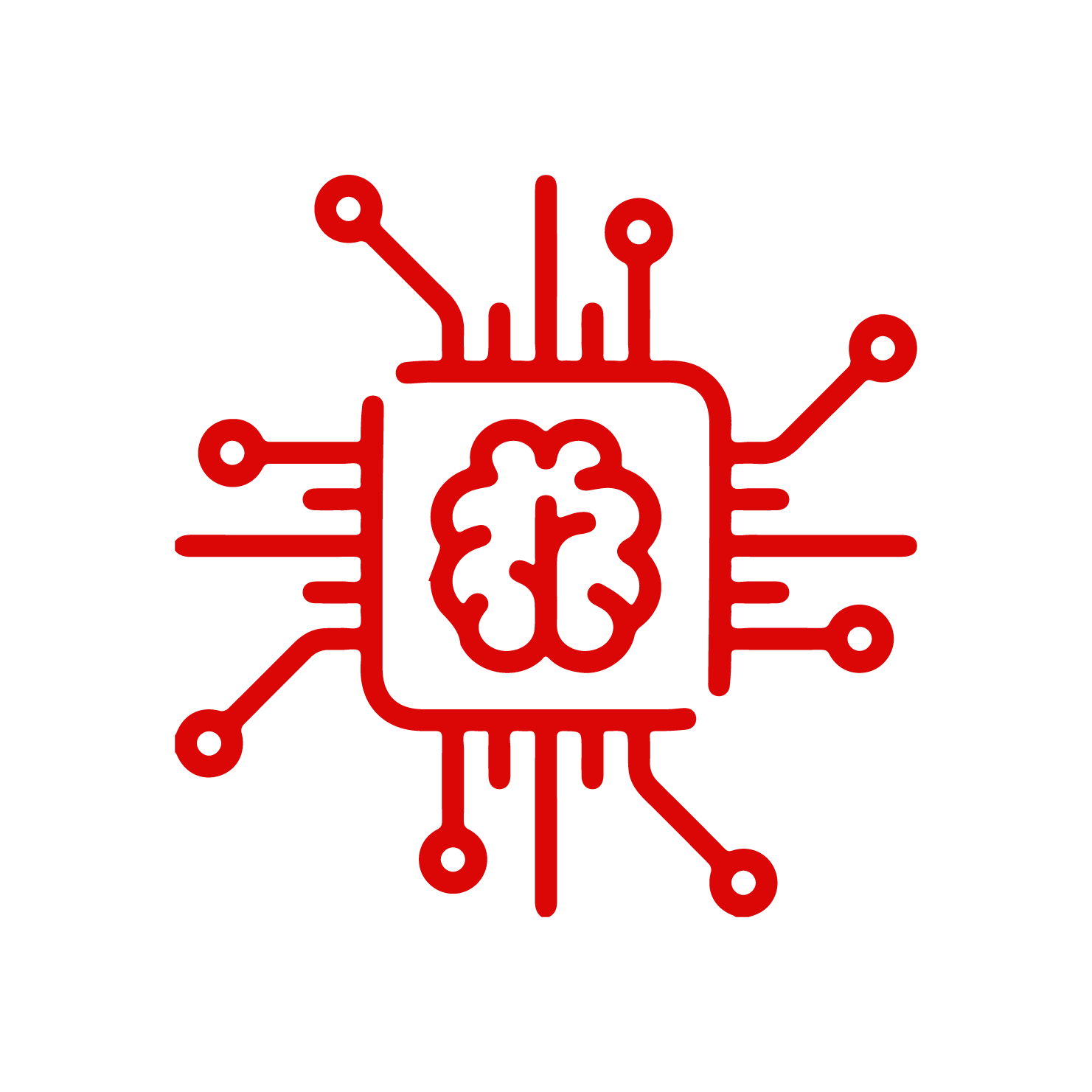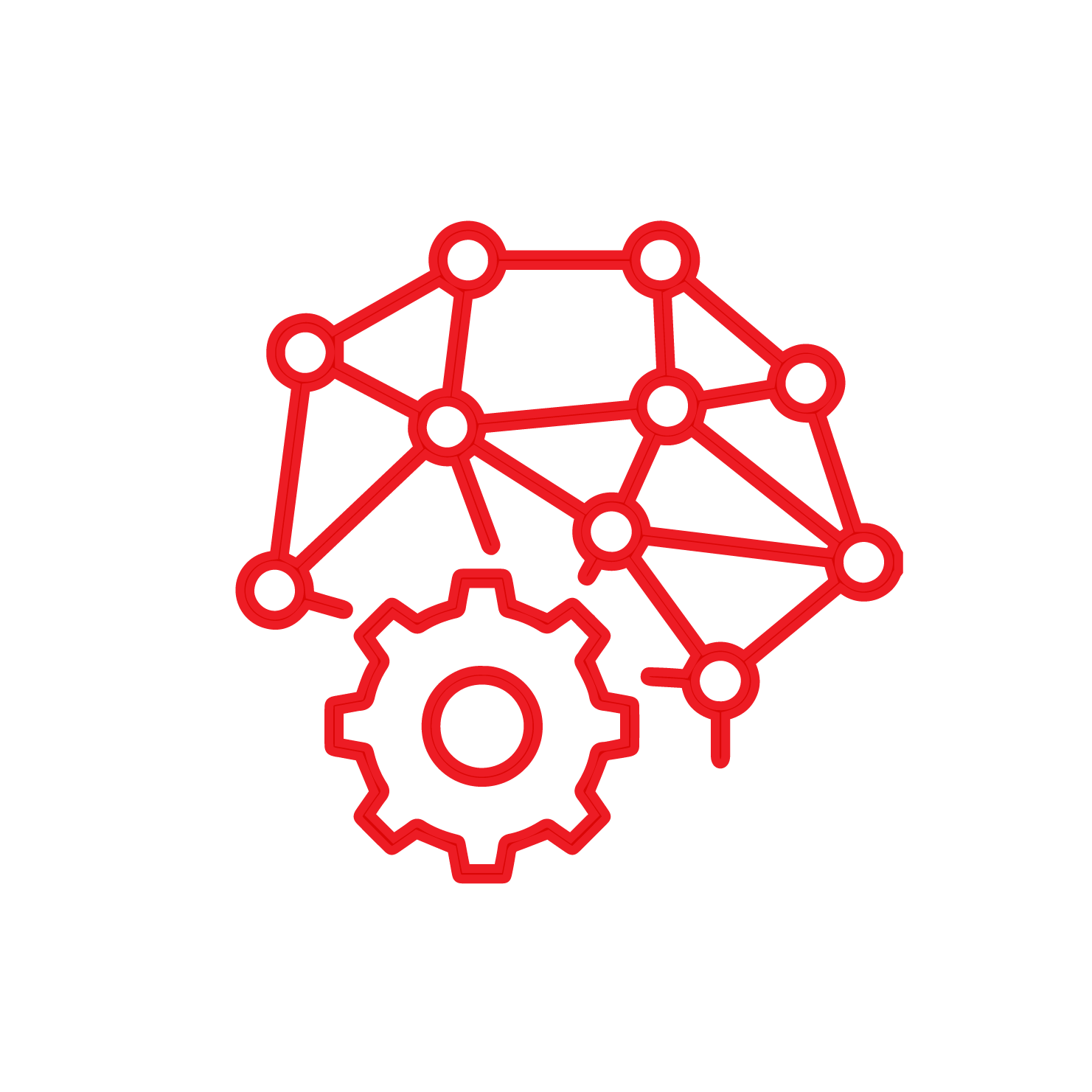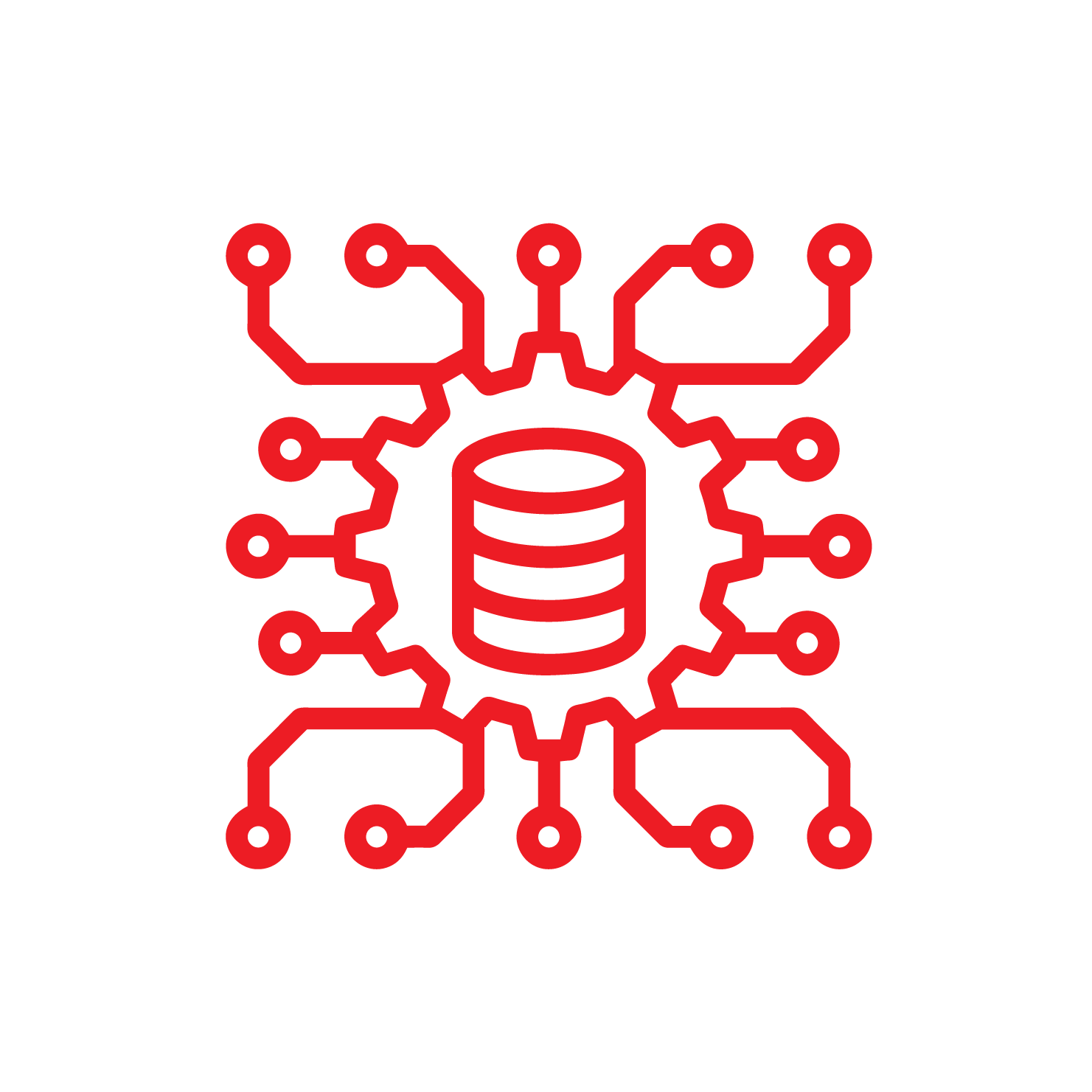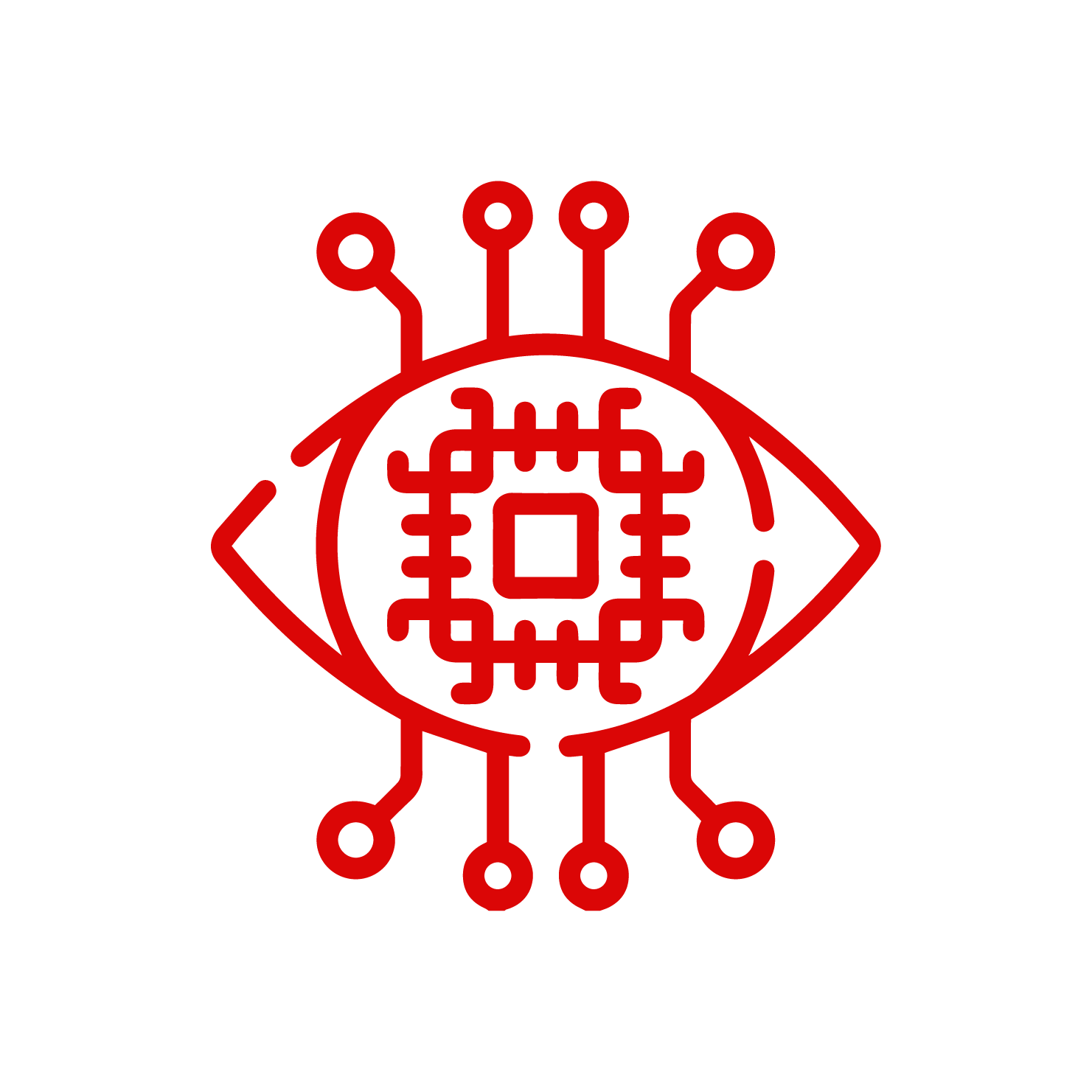In our modern, swiftly evolving digital landscape, enterprises are leaning more on technological solutions to bolster their operations. This shift has led to an escalating need for experts who can assist companies in creating and upholding dependable, expandable, and fortified software infrastructures. Recently, the roles of DevOps vs Site Reliability Engineer (SRE) have risen in prominence to cater to this requirement.
What is DevOps?
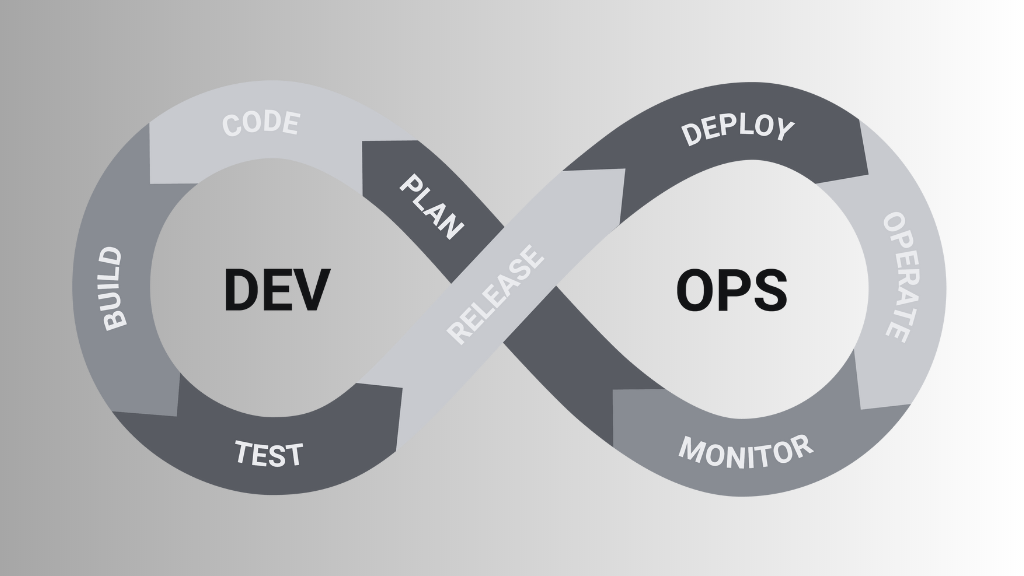
DevOps is a set of practices that combines software development (Dev) and IT operations (Ops) to shorten the systems development life cycle and provide continuous delivery with high software quality. DevOps engineers are responsible for taking existing software infrastructure and making it more efficient, scalable, and secure. They do this by improving the way that software is developed, deployed, and maintained.
DevOps engineers automate tasks such as creating build packs, monitoring application health, and provisioning/deploying software according to standards and best practices. They also monitor performance, compliance, and security to ensure that software systems are running smoothly.
Stages of Software Development: A Comprehensive Guide
What is Site Reliability Engineering (SRE)?
Site Reliability Engineering (SRE) is a discipline that applies software engineering principles to operations. SRE teams are responsible for ensuring that software systems are reliable, scalable, and secure. They do this by designing, building, and maintaining systems that are resilient to failure. SREs try to find automated procedures and use tools that can speed up operations and reduce manual labor. They also use tools and automation to improve productivity.
To track changes and monitor the health of systems, SREs define and measure key performance indicators. Everything must be measured in SRE, and SREs are responsible for ensuring that systems are running smoothly.
DevOps vs Site Reliability Engineering: Key Differences
While DevOps and SRE share some similarities, there are also some key differences between these two roles. Here are some of the main differences:
Focus
DevOps engineers focus on the entire software development life cycle, from development to deployment to maintenance. They work closely with developers, operations teams, and other stakeholders to ensure that software systems are running smoothly.
SREs, on the other hand, focus on the reliability and scalability of software systems. They are responsible for ensuring that systems are resilient to failure and can handle high traffic loads.
Automation
Both DevOps and SRE rely heavily on automation to improve efficiency and reduce manual labor. However, the focus of automation is different for each role.
DevOps engineers automate tasks such as building, testing, and deploying software. They also use automation to monitor performance, compliance, and security.
SREs, on the other hand, use automation to ensure that systems are resilient to failure. They automate tasks such as failover, disaster recovery, and capacity planning.
Metrics
DevOps engineers use metrics such as deployment frequency, lead time, and mean time to recover (MTTR) to measure the performance of software systems. They use these metrics to identify areas for improvement and to track progress over time.
SREs, on the other hand, use metrics such as availability, latency, and error rate to measure the reliability and scalability of software systems. They use these metrics to identify areas for improvement and to ensure that systems are running smoothly.
Culture
DevOps is more of a culture than a role. It emphasizes collaboration, communication, and continuous improvement. DevOps engineers work closely with developers, operations teams, and other stakeholders to ensure that software systems are running smoothly.
SRE, on the other hand, is a specific role that focuses on the reliability and scalability of software systems. SREs work closely with developers, operations teams, and other stakeholders to ensure that systems are resilient to failure and can handle high traffic loads.
Benefits of DevOps
DevOps offers several benefits, including:
- Faster time-to-market: DevOps enables faster delivery of software by breaking down silos and creating a culture of collaboration and communication.
- Improved quality: DevOps emphasizes continuous testing and integration, which helps catch errors early in the development cycle, leading to improved quality.
- Increased efficiency: DevOps automates repetitive tasks, reducing the time and effort required for manual tasks.
- Better customer satisfaction: DevOps enables faster delivery of software with improved quality, leading to better customer satisfaction.
Benefits of SRE
SRE offers several benefits, including:
- Improved reliability: SRE teams focus on ensuring the reliability and availability of systems, leading to improved reliability.
- Scalability: SRE teams design systems that can scale to meet changing demands, ensuring that systems can handle increased traffic and usage.
- Efficiency: SRE teams automate repetitive tasks, reducing the time and effort required for manual tasks.
- Cost savings: SRE teams design systems that are efficient and scalable, leading to cost savings.
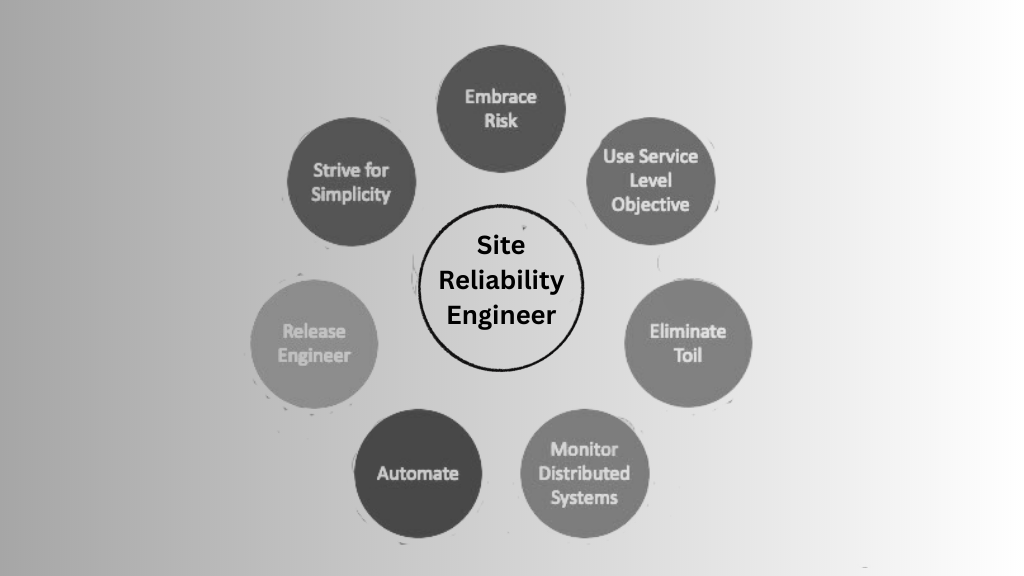
Which Role is Right for You?
Deciding between DevOps and SRE can be challenging, as both roles offer exciting opportunities for growth and development. Here are some factors to consider when deciding which role is right for you:
Skills
DevOps engineers need to have a strong background in software development, as well as experience with automation tools and cloud infrastructure.
SREs, on the other hand, need to have a strong background in operations, as well as experience with automation tools and monitoring systems.
Personality
DevOps engineers need to be collaborative, communicative, and adaptable. They need to be able to work well with others and to adapt to changing circumstances.
SREs, on the other hand, need to be analytical, detail-oriented, and focused. They need to be able to identify problems quickly and to come up with solutions that are both effective and efficient.
Python 2 vs Python 3: A Comparative Study
Career Goals
If you are interested in software development and want to work on the entire software development life cycle, then DevOps might be the right fit for you.
If you are interested in operations and want to focus on the reliability and scalability of software systems, then SRE might be the right fit for you. It’s important to consider your long-term career goals and to choose a role that aligns with those goals.
Conclusion
DevOps and SRE are two roles that have emerged in recent years to meet the growing demand for professionals who can help organizations build and maintain reliable, scalable, and secure software systems. While these roles share some similarities, there are also some key differences between them. DevOps engineers focus on the entire software development life cycle, while SREs focus on the reliability and scalability of software systems.
Both roles rely heavily on automation to improve efficiency and reduce manual labor. When deciding between DevOps and SRE, it’s important to consider your skills, personality, and long-term career goals. By doing so, you can choose a role that is the right fit for you and that will help you achieve your career aspirations




